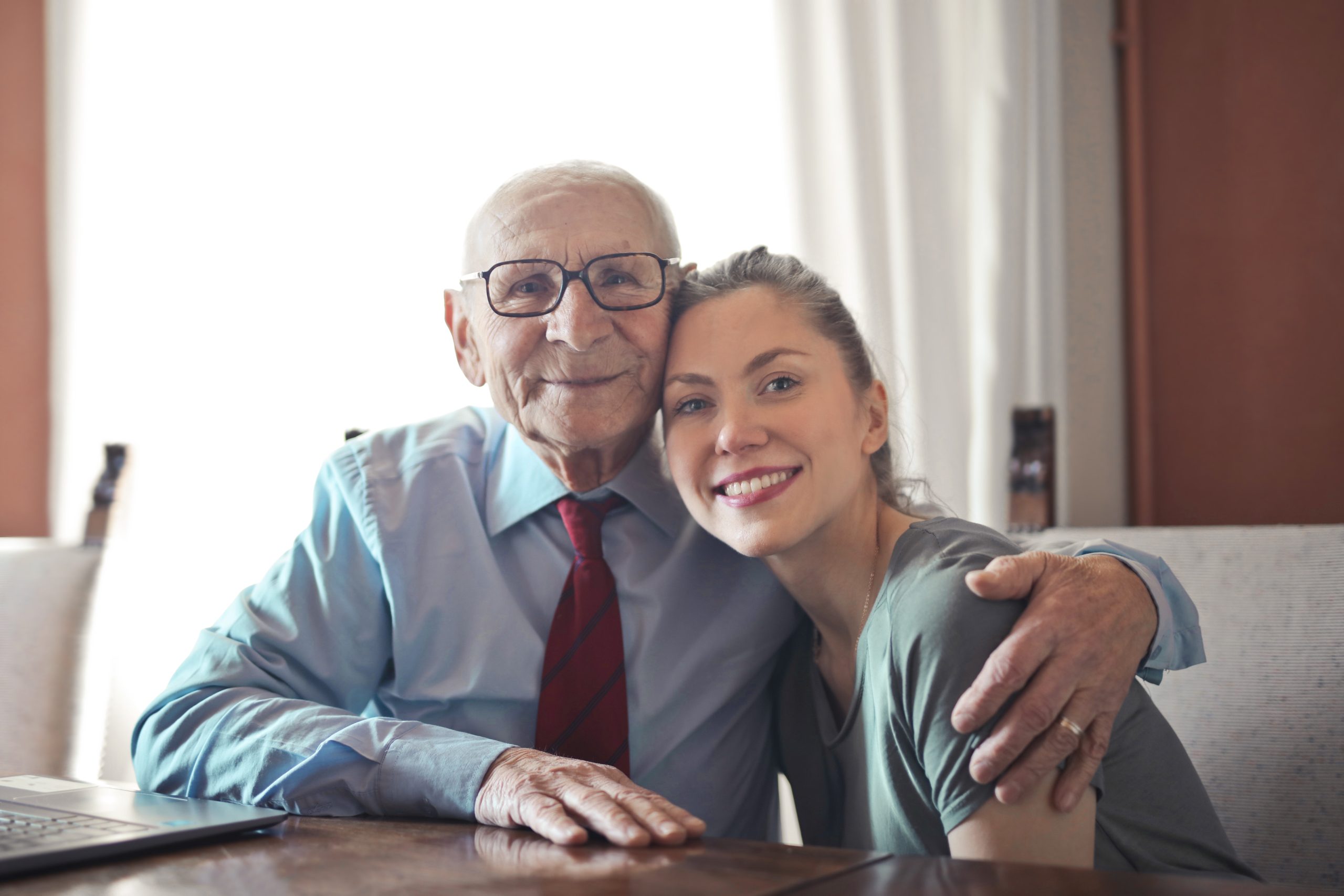The Benefits of Joining a Walking Group

The image is not directly related to the article. It merely symbolizes the life of elderly people.
What are the benefits of joining a walking group?
Joining a walking group can bring numerous benefits to your physical, mental, and social well-being. Here are some of the key advantages:
- Improved physical health: Walking is a low-impact exercise that can help improve cardiovascular fitness, strengthen muscles and bones, and promote weight loss.
- Boosted mental well-being: Walking in a group can reduce stress, anxiety, and depression. It provides an opportunity to connect with nature, clear the mind, and improve overall mood.
- Enhanced social connections: Walking groups offer a chance to meet new people, make friends, and combat loneliness. Engaging in conversations during walks can also stimulate cognitive function.
- Motivation and accountability: Being part of a walking group provides motivation to stick to a regular walking routine. The group dynamic encourages accountability and helps individuals stay committed to their fitness goals.
- Exploration and variety: Walking in a group allows you to explore different routes, parks, and trails. It adds variety to your exercise routine and makes the activity more enjoyable.
- Safety and support: Walking in a group provides safety in numbers, especially when walking in unfamiliar areas or during early morning or evening hours. Group members can support each other in case of any emergencies or accidents.
How can I find a walking group to join?
Finding a walking group to join is relatively easy. Here are a few ways you can find a group that suits your needs:
- Online search: Look for walking groups in your local area through online directories or community websites. Many organizations and fitness clubs have websites or social media pages where they advertise their walking groups.
- Community centers: Check with community centers, senior centers, or local parks and recreation departments. They often organize walking groups or have information about existing ones.
- Friends and acquaintances: Ask your friends, neighbors, or colleagues if they know of any walking groups that they can recommend or if they would like to start one with you.
- Meetup platforms: Explore meetup platforms or apps that connect people with similar interests. Many walking groups use these platforms to organize regular walks and welcome new members.
What should I consider when joining a walking group?
Before joining a walking group, consider the following factors:
- Walking pace and distance: Find out the average pace and distance covered by the group during their walks. Make sure it aligns with your fitness level and goals.
- Schedule and availability: Check if the group’s meeting times and locations fit your schedule. Consider the frequency of walks and whether it works for you.
- Group size: Some people prefer smaller, intimate groups, while others enjoy larger ones. Decide what size of group you feel comfortable with.
- Group dynamics: Attend a trial walk or get-together to assess the group’s dynamics and see if you feel a sense of belonging and compatibility with the other members.
- Costs and commitments: Inquire about any membership fees, equipment requirements, or other financial commitments associated with the group. Make sure you are comfortable with these obligations.
- COVID-19 precautions: During the ongoing pandemic, it’s essential to join a group that follows recommended safety guidelines and protocols to protect the health of its members.
Are there any tips for getting the most out of a walking group?
To make the most of your experience in a walking group, consider these tips:
- Engage and connect: Strike up conversations with fellow walkers, ask questions, and actively participate in group activities. Building relationships can enhance the enjoyment and social benefits of the group.
- Set personal goals: Challenge yourself by setting personal walking goals, such as increasing your speed or distance. Share these goals with the group for added motivation and support.
- Be consistent: Regularly attend walks and be punctual. Consistency helps you build fitness, maintain friendships, and stay committed to your walking routine.
- Be respectful: Follow group rules and etiquette, respect the pace of other walkers, and be mindful of the environment and local communities while walking.
- Explore new routes: Suggest new walking routes or alternate locations to add variety and keep the walks interesting. Discovering new areas can make the experience more enjoyable for everyone.
- Stay positive and supportive: Encourage and motivate your fellow walkers, especially during challenging walks or when someone is struggling. A positive and supportive atmosphere can make the group experience more rewarding.
The image is not directly related to the article. It merely symbolizes the life of elderly people. What are the benefits of joining a walking group? Joining a walking group can bring numerous benefits to your physical, mental, and social well-being. Here are some of the key advantages: Improved physical health: Walking is a low-impact…
Recent Posts
- Empowering Caregivers: The Best Online and Offline Resources to Enhance Your Skills
- Traveling with a Purpose: The Rise of Volunteer Vacations
- Breaking Stigma: Dispelling Myths about Mobility Aids and Disability
- Avoiding Probate: How Trusts Can Simplify the Estate Settlement Process
- Senior Citizens Beware: Common Financial Scams and How to Stay Protected

